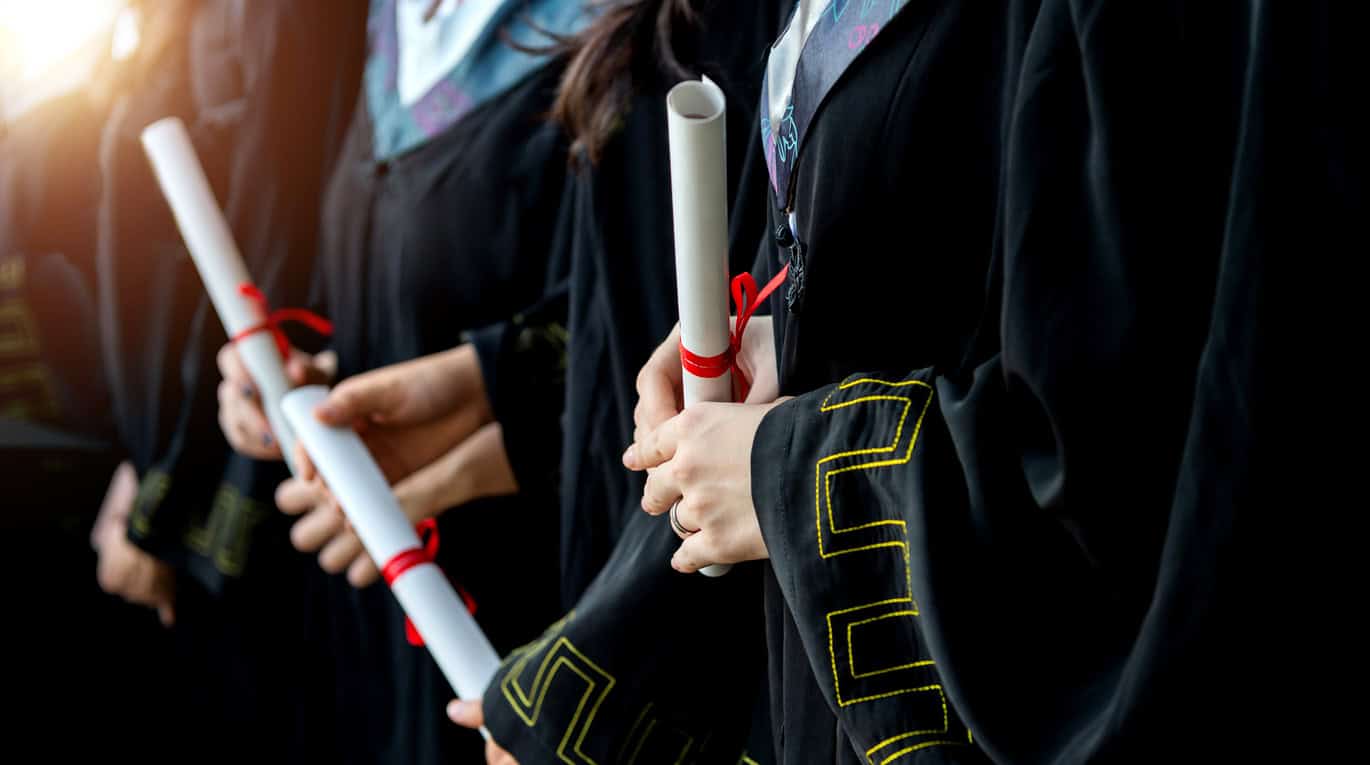- HKU Business School has vowed to enhance its admissions verification process, going further than asking for diplomas and transcripts
- Two women aged 24 and 34 were arrested in early July while trying to leave Hong Kong, Chinese press sources claim
- One agency association separate from the incident has asked its members to sign an “agreement of integrity” to avoid any similar situations
Around 30 students were found by an internal investigation at HKU Business School to have submitted fraudulent papers during the admissions verification process – mainly claiming to have obtained bachelor’s degrees from universities overseas.
According to multiple sources in the Chinese press, police arrested two women aged 24 and 34 while they were trying to leave Hong Kong – one has been charged with forging documents, while the other is “still being detained under investigation”.
A spokesperson for HKU Business School told The PIE News that under the law, making, using or possessing a false instrument such as documents for admission are “serious crimes”, and is therefore urging students and parents to “remain vigilant and abide by the law”.
“It is not worth taking grave risk to gain entry into top academic institutes through illegal means,” they told The PIE.
The women were reportedly acting as agents to student, but the spokesperson added that it “did not authorise any intermediary organisations or agencies to recruit or admit students”.
“We affirm our zero-tolerance policy towards any form of academic misconduct… we unequivocally condemn agencies claiming to offer “guaranteed admission” and profiting from fabrication application materials for admission eligibility,” the spokesperson continued.
Michelle Doyle, a Chinese international education expert, said the discovery of the forgery and subsequent arrest had brought about a “sense of justice being served” throughout the industry.
“For those agencies that operate legitimately and follow regulations, this is good news and will help improve industry standards.
“However, for Chinese applicants, overseas universities will further tighten scrutiny of their application materials, including the introduction of AI to detect generated content,” Doyle noted.
The university said that there would indeed be an enhancement of verification of academic qualifications of applicants – and that just the diploma and transcript would no longer be enough.
“Applicants will also be required to provide academic certificates issued by China Higher Education Student Information under the Ministry of Education of China’s Center for Student Services and Development or other credible academic accreditation platforms,” the spokesperson explained.
Interviews may also be on the table for some applicants, but it was not detailed on what this would depend.
For those agencies that operate legitimately and follow regulations, this is good news and will help improve industry standards
Michelle Doyle
A co-founder of an agency association specialising in Chinese international education said that its members are signing an “agreement of integrity which is the foundation of our association to provide true and right services to clients”.
“This is a fury moment for the industry especially after Covid,” said Jon Santangelo, co-founder of Chariot Global Education and head of communications at Keath.ai.
“Since the growth of uncertainty of future economics and a competitive job market, students and families are desperate to get into a high-ranking university.
“I believe that clients who were involved must have had strong demand to get into the university and are aware of the action taken by the agencies. They just underestimated the determination of the university to crack down, and the ensuing consequences,” he added.




